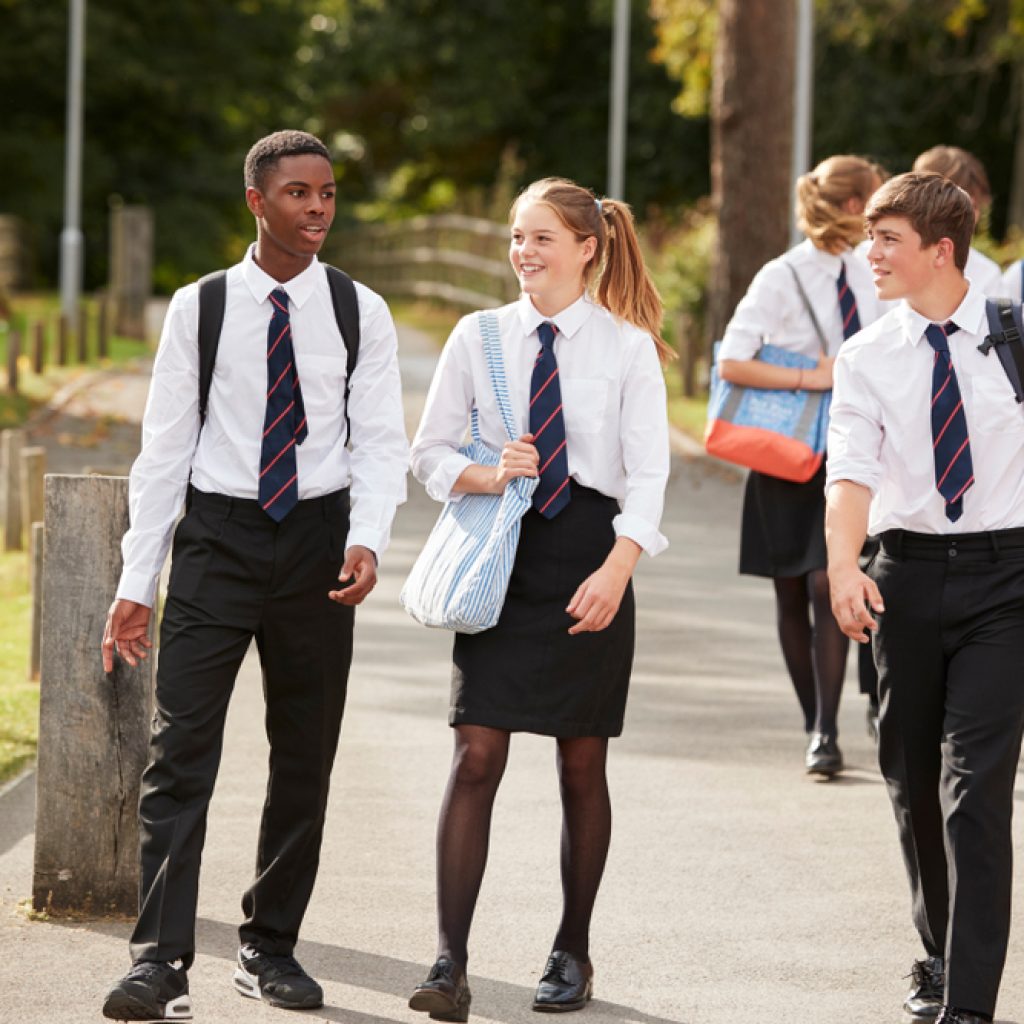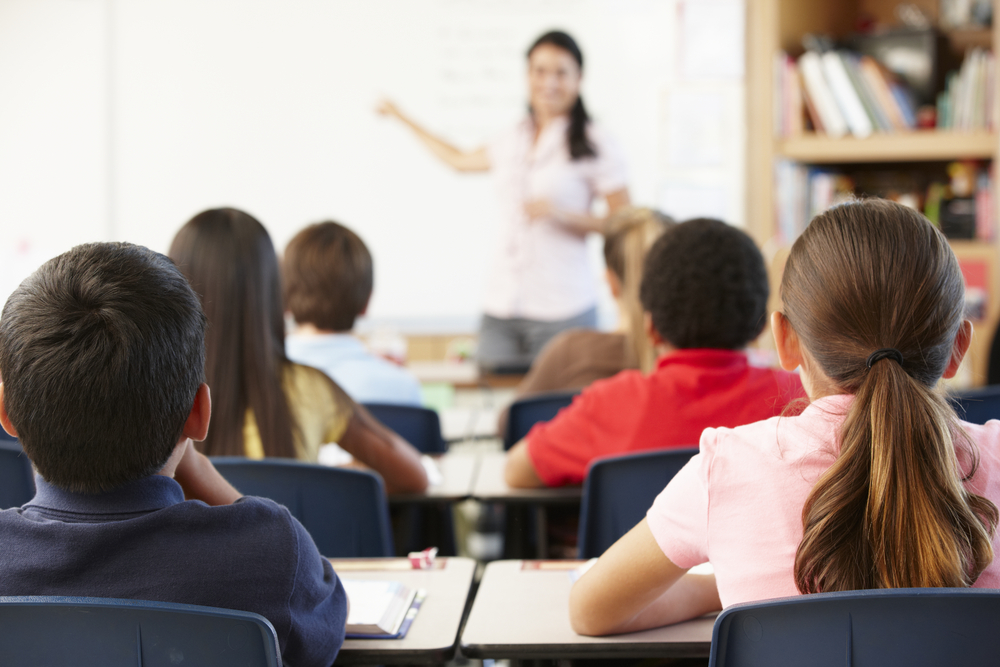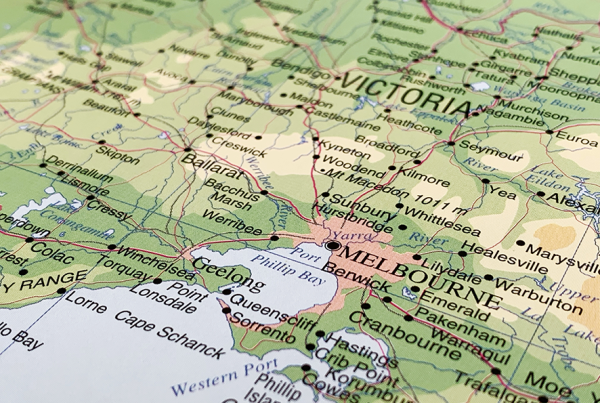The Minns Labor Government’s decision to ban mobile phones in all NSW public schools has improved student learning, concentration, and encouraged young people to socialise more, according to a new survey by the NSW Department of Education.

One year on from the change, a survey of almost 1,000 public school principals found almost universal support for the ban, at 95 per cent, and most say removing the unnecessary distraction has improved students’ focus and reduced social isolation.
The NSW Department of Education’s Centre for Education Statistics and Evaluation survey further found:
- 81 per cent say students’ learning has improved since mobile phones were banned
- 87 per cent of principals say students are less distracted in the classroom since mobile phones were banned
- 86 per cent of principals say socialising has improved since the mobile phone ban
Since this election commitment was delivered at the beginning of Term 4, 2023, public schools across NSW are continuing to report widespread benefits.
At Riverstone High School, Principal Rosemary Daubney said students are more focused during class time, and at recess and lunch are now socialising with one another. Sport is now popular, with students taking up touch football and basketball.
At Kurri Kurri High School, Principal Alan Hope said the universal policy had provided staff support in leading settled and focused classes. Students were now engaged in lunchtime sporting competitions, reading and chess clubs.
Banning mobile phones in schools is part of the Minns Labor Government’s ongoing work to address the harms posed to young people by social media. Initiatives in this space include:
- Partnering with the South Australian Government to host a Social Media Summit, exploring new public health responses to minimise the harms caused by social media.
- Launching the Spotlight on Cyberbullying website in collaboration with the eSafety Commissioner Julie Inman Grant to support parents, carers, teachers and schools with evidence-based resources to address cyberbullying.
- Launching a $2.5 million research fund to investigate the impacts of excessive screen time, video games and mobile phone use on young people and their learning.
- Delivering new syllabuses for teachers explicitly addressing respectful relationships, online safety, cyberbullying, consent education and online harassment and abuse.
Premier of New South Wales Chris Minns said, “One year in it’s clear, this was the right decision.
“Without the distraction of a mobile phone in their pockets, students have been able to focus on their learning, while building stronger relationships with their classmates.
“This is also about supporting our state’s teachers to be able to teach engaged classrooms without the distraction of social media in every student’s pocket.”
Deputy Premier and Minister for Education and Early Learning Prue Car said, “We are committed to putting the safety of young people first, and the results in schools show that learning without distracting mobile phones is making students happier and healthier.
“Feedback from teachers, staff and students show the mobile phone ban is an overwhelming success – it was one of the first calls made by the Minns Labor Government and it was the right one.
“Without mobile phones our students are more engaged in the classroom and are building stronger relationships with their peers.
“Importantly, our election commitment to ban mobile phones in schools has delivered more productive classrooms with students who are less distracted and arriving in class ready to learn.”
Principal of Riverstone High School Rosemary Daubney said, “We see greater engagement in the classrooms and more positive social interactions. Students can concentrate and focus.
“In breaks, I used to see students sitting alone, looking at their screens. Now, they are playing games, touch football and basketball.
“They are laughing and running around, having a good time and talking to each other.
“The statewide policy helped us win backing from parents.”









